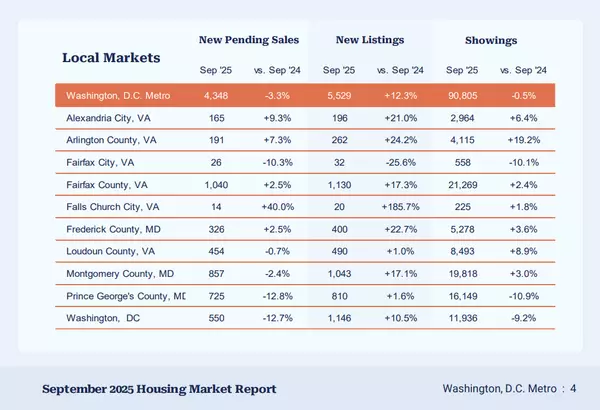Major Tax Advantages of Owning a Home


Owning property can offer several tax advantages, which not only help in reducing your tax bill but can also enhance your investment portfolio. Here’s a detailed look at the primary tax benefits of owning property and links to relevant sources.
1. Mortgage Interest Deduction
Homeowners can deduct interest paid on up to $750,000 of mortgage debt from their federal taxes, which applies to both primary and secondary residence. This cap applies to loans taken out after December 15, 2017; previously, the limit was $1 million. The mortgage interest deduction is a significant benefit because it can reduce the amount of income taxed, thereby lowering your overall tax liability. For more information, you can visit the IRS’s official page on home mortgage interest deduction.
2. Property Tax Deduction
Property taxes paid on residential property can also be deducted, though the total amount for state and local taxes (SALT) deductible is capped at $10,000 per year ($5,000 if married filing separately). This deduction is particularly beneficial in states with higher property tax rates. To understand how this deduction works and how to claim it, see the IRS guideline on SALT.
3. Capital Gains Exclusion
When you sell your primary residence, you may exclude up to $250,000 of capital gains from your income if single, or $500,000 if married filing jointly, provided you’ve lived in the house for at least two of the five years immediately preceding the sale. This exclusion can significantly benefit homeowners by allowing them to keep more of the profit from the sale of their home tax-free. For eligibility criteria and more details, refer to the IRS’s section on capital gains exclusions.

4. Depreciation Deduction (Rental Properties)
For property owners who rent out their properties, depreciation is a valuable deduction that spreads the cost of the property (excluding land) over its useful life, typically 27.5 years for residential properties. This deduction allows landlords to account for the wear and tear on the property, offering a yearly deduction that can offset rental income. The IRS provides a comprehensive guide on depreciation which can be found here.
5. Energy Efficiency Improvements
Homeowners who make energy-efficient improvements to their homes, such as solar panels, wind turbines, or geothermal heat systems, can qualify for renewable energy tax credits. These credits can cover a significant portion of the cost of installing such systems. The U.S. Department of Energy offers details on current tax credits available for such improvements.
6. Home Office Deduction
If you use a portion of your home regularly and exclusively for business purposes, you may be eligible to deduct expenses related to the home office. Deductible expenses can include a portion of utilities, home insurance, and maintenance costs. The IRS outlines the requirements and methods for calculating the home office deduction here.
By utilizing these tax advantages effectively, homeowners can not only reduce their immediate tax liabilities but also enhance their long-term financial stability. Always consult with a tax professional to ensure you are maximizing these benefits based on your specific circumstances.
Recent Posts











